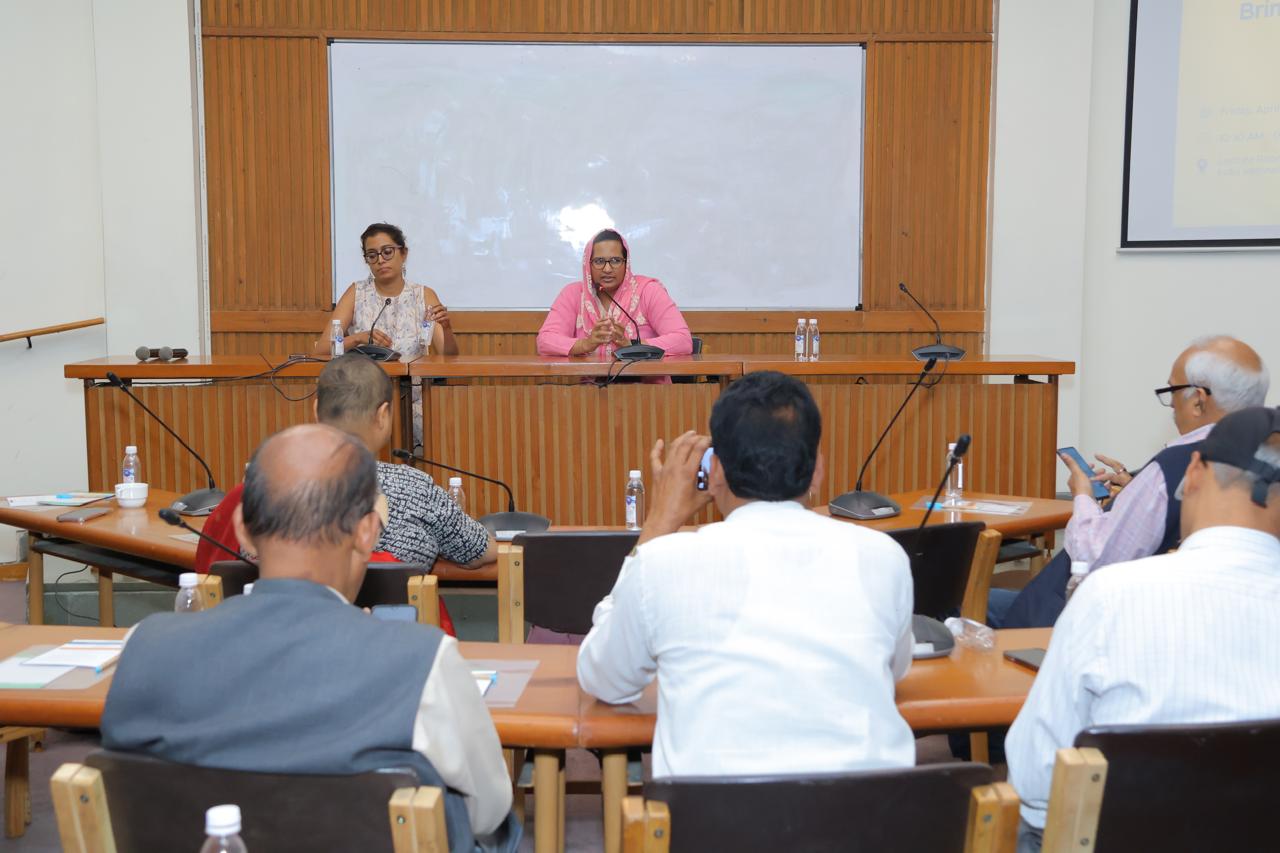
How the Media Can Help Fight Non-Communicable Diseases: Experts Speak at REACH Roundtable
With more people in India getting sick from non-communicable diseases (NCDs) like diabetes, cancer, and heart problems, experts say the media has a big role to play in spreading awareness and helping people stay healthy. To talk about this, the Resource Group for Education and Advocacy for Community Health (REACH) hosted a media roundtable on April 4, 2025, at the India International Centre in New Delhi.
The event brought together doctors, journalists, health activists, and even survivors of serious illnesses. The idea was simple: if the media talks more about NCDs, more people will understand them—and take action before it’s too late.
“We Need More Stories About NCDs”
The roundtable started with Anupama Srinivasan, Deputy Director at REACH, who welcomed everyone and talked about how important it is for the media to report more on NCDs and diseases like tuberculosis. “India has a huge problem with non-communicable diseases,” she said. “We need better reporting and more awareness so people know how to protect themselves.”
A Doctor’s Warning
Next, Dr. Beena Bansal, a senior endocrinologist and founder of Door to Care, explained how NCDs are rising fast, especially in areas where people don’t have easy access to healthcare. She stressed the need for early check-ups, good health policies, and public awareness. “Media is one of the strongest tools we have,” she said. “If newspapers and news channels focus on NCDs, it will get the attention of both the public and the government.”
A Survivor’s Story
One of the most touching moments of the event came from Alaknanda Das, a well-known Kathak dancer and cancer survivor. She shared how she caught her illness early only because she was aware of the symptoms. “Many people don’t know the signs or when to see a doctor,” she said. “That’s why the media—especially social media—is so important. It can save lives.”
Reporting with Heart and Honesty
Dr. Aqsa Shaikh, a professor of community medicine, spoke about why it’s important to tell health stories that include voices from all parts of society, including those who often get ignored. “Media should be kind and truthful,” she said. “They should tell stories that are real and respectful, especially when sharing someone’s personal health journey.”
Fighting Misinformation
Dhananjay Kumar, former senior editor at Navbharat Times, shared tips on how journalists can improve health reporting. He spoke about how dangerous false information can be and encouraged reporters to double-check facts before publishing. “In health reporting, facts matter,” he said. “Wrong information can hurt people. Right information can help them make better choices.”
A Strong Message for the Media
More than 30 people joined the roundtable, including reporters from major media houses like PTI, Amar Ujala, and The Print. Everyone agreed that the media can do a lot more to help the public understand and fight NCDs.
The message from the event was loud and clear: It’s time to talk more about non-communicable diseases. By sharing real stories, useful tips, and verified facts, the media can help people take care of their health and push the government to act faster.
As non-communicable diseases continue to affect millions of lives in India, this roundtable reminded everyone that awareness is the first step toward better health—and that the media has the power to make that happen.